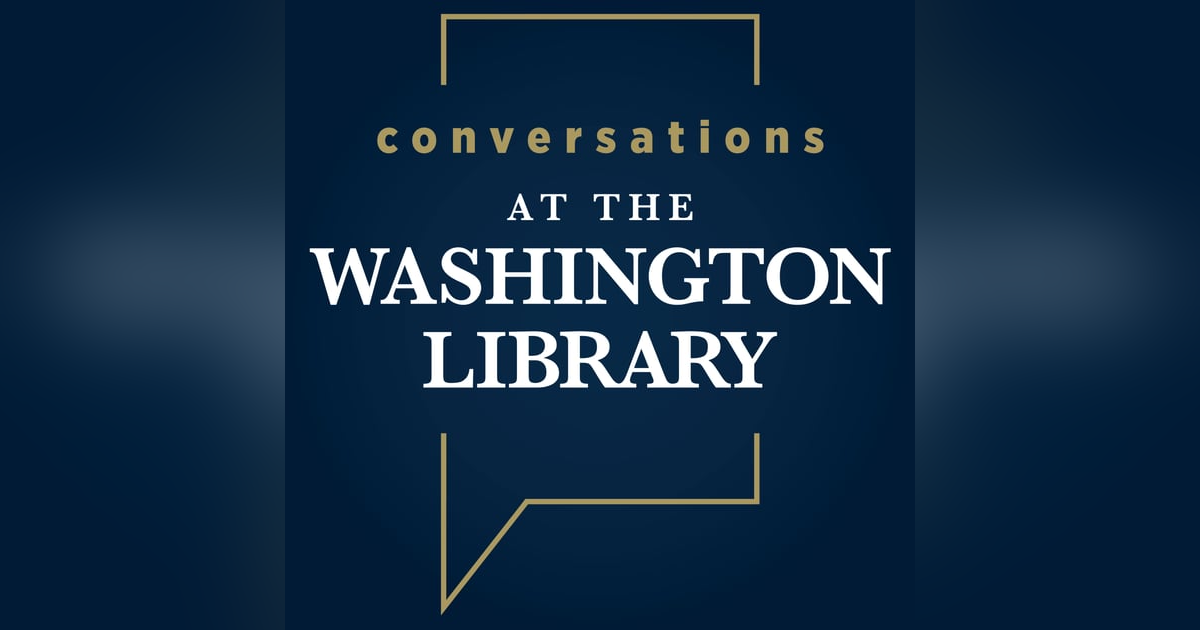205. Grieving with the Widow Washington with Dr. Martha Saxton

In the eighteenth century, death stalked early Americans like a predator hunting its prey. In Virginia, as in other colonies, death made children orphans and wives widows, making a precarious existence all that much more challenging. For the Virginia elite, death also created opportunities for widows and widowers alike to protect their interests, their property, and their social standing through advantageous re-marriages. But the predator’s teeth never dulled, and when it took another life some Virginians like Mary Washington turned to devotional texts for comfort and for the strength to press onward. Historians have not looked favorably on George Washington’s mother over the past few decades, finding her to be difficult, stubborn, and often a drag on her more famous son. Yet as today’s guest tells us, those observations take their cue from George himself, and ignore the full shape of her life, one in which death was a constant companion. Dr. Martha Saxton joins Jim Ambuske today to discuss her new book, The Widow Washington: The Life of Mary Washington. Dr. Saxton is Professor of History, Women’s, and Gender Studies emerita at Amherst College. And as you’ll hear, books like Matthew Hale’s Contemplations, Moral and Divine offered Mary solace in a world in which death was very much a part of life. About our Guest: Martha Saxton, Ph.D., is Professor of History, Women’s, and Gender Studies emerita at Amherst College. She is the author of Being Good: Women's Moral Values in Early America, (Hill and Wang, 2003), and The Widow Washington: The Life of Mary Washington (Hill and Wang, 2019). --- Send in a voice message: https://anchor.fm/mountvernon/message Support this podcast: https://anchor.fm/mountvernon/support



















